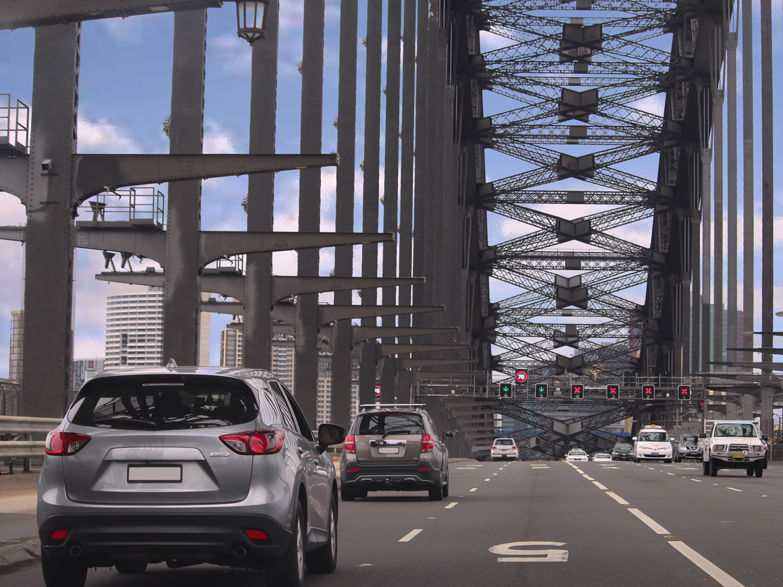The TAC, State Government and other and personal injury lawyers have worked collaboratively to improve assistance available to injured road accident victims.
Recent changes introduced by the Treasury and Finance Legislation Amendment Bill 2018 will provide assistance for cyclists who have been injured as a result of crashing into parked cars. Changes also extend the definition of 'Dependants' to include apprentices and allow parents to be reimbursed for wages lost whilst being by their children's side in hospital.
These changes are a great step forward.
It cuts out the inconsistencies that previously applied, Mr Lombard said. Up till now only cyclists riding to work or hit by an opening car door were covered. Now all injured cyclists involved with cars are covered. The change is a compassionate practical help to cyclists injured on the road.
The law applies to cyclists injured back to 9 July 2014, the date on which cyclist Rory Wilson was tragically injured after hitting a parked car.
The TAC and Government are to be congratulated for working co-operatively with lawyers who are often seen as the enemy. Trust has resulted in a big win for the injured victims.
To find out more about these new changes, speak directly to one of our expert car accident injury lawyers on (03) 9321 9988. Your first appointment is free and we offer a 'No Win, No Fee' service.


